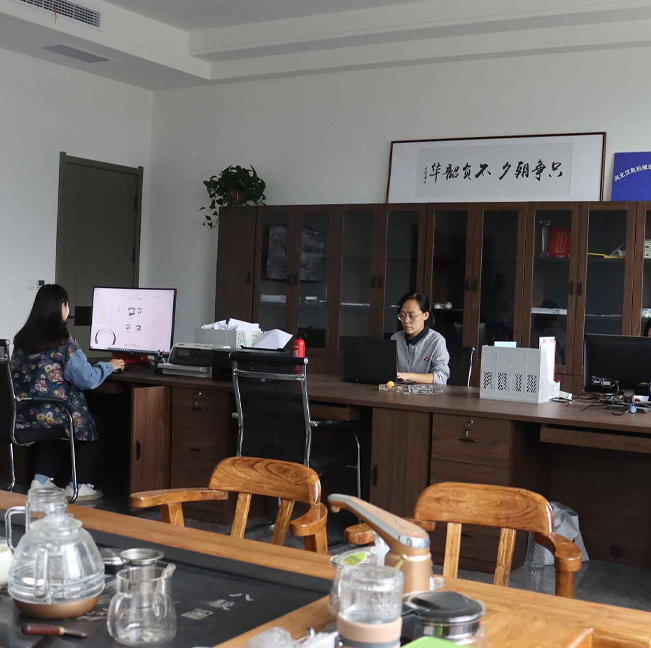Каст . 16, 2024 01:09 Back to list
hydraulic oil seal material
Understanding Hydraulic Oil Seal Materials
Hydraulic systems are integral to many industrial and automotive applications, utilizing fluid power to generate force and motion. At the heart of these systems are hydraulic oil seals, designed to contain the hydraulic fluid, prevent leakage, and protect the hydraulic components from contaminants. The performance and durability of these seals are heavily reliant on the materials from which they are made. This article explores the common materials used for hydraulic oil seals and their respective properties.
Common Materials for Hydraulic Oil Seals
1. Nitrile Rubber (NBR) Nitrile rubber, or Buna-N, is one of the most widely used materials for hydraulic oil seals. Known for its excellent resistance to petroleum-based oils and fuels, NBR offers good mechanical properties and temperature resistance, typically ranging from -40°C to 100°C (-40°F to 212°F). Its affordability and ease of processing make it a popular choice in many hydraulic applications.
2. Fluoroelastomer (FKM) Fluoroelastomers, such as Viton, provide superior chemical resistance compared to NBR. They are particularly effective in extreme temperatures, withstanding up to 230°C (446°F). FKM seals are ideal for applications involving aggressive fluids or high temperatures but come at a higher cost. Their resilience makes them suitable for aerospace and automotive industries where performance is crucial.
3. Polyurethane (PU) Polyurethane seals offer high abrasion resistance and excellent elasticity, making them suitable for dynamic sealing applications in hydraulic systems. They can operate within a temperature range of -30°C to 100°C (-22°F to 212°F). Their superior wear resistance is particularly advantageous in systems with high cyclic loads or harsh media.
4. Thermoplastic elastomers (TPE) TPEs combine the advantages of rubber and plastic, providing a versatile option for hydraulic seals. They exhibit good chemical resistance, flexibility, and ease of molding into complex shapes. TPE seals can operate in a temperature range similar to NBR but offer the advantage of being recyclable, contributing to sustainability.
hydraulic oil seal material

5. Metal-encased Seals In some applications, metal-encased seals are used for added strength and durability. The combination of rubber materials with a metal casing provides enhanced performance under high pressure and extreme conditions. These seals are ideal for heavy machinery and equipment subjected to intense operational stresses.
Factors Influencing Seal Material Selection
When selecting the appropriate material for hydraulic oil seals, several factors must be considered, including
- Fluid Compatibility The selected material must be compatible with the hydraulic fluid used to prevent degradation and ensure effective sealing. - Temperature Range The operating temperature of the hydraulic system will influence the choice of materials. - Pressure Conditions High-pressure systems may require seals with improved mechanical properties to withstand the stress. - Environmental Factors Exposure to environmental pollutants, such as water or dust, can influence seal material selection.
Conclusion
Choosing the right hydraulic oil seal material is crucial for ensuring the reliability and longevity of hydraulic systems. With various options available, understanding the properties and applications of each material helps engineers and technicians make informed decisions, ultimately enhancing system performance and reducing maintenance costs. Investing in quality seal materials not only optimizes hydraulic efficiency but also extends the life of essential equipment.
-
The Trans-formative Journey of Wheel Hub Oil Seals
NewsJun.06,2025
-
Graphene-Enhanced Oil Seals: Revolutionizing High-Pressure Oil Sealing
NewsJun.06,2025
-
Future of Hydraulic Sealing: Advanced Intelligent TCN Oil Seals
NewsJun.06,2025
-
Don’t Let a Broken TCV Oil Seal Ruin Your Day
NewsJun.06,2025
-
Bio-Inspired Dust Seals for Better Sealing Performance
NewsJun.06,2025
-
Biodegradable and Sustainable Hydraulic Seal Materials
NewsJun.06,2025
-
Top Oil Seal Solutions for Your Industrial Needs
NewsMay.22,2025
Products categories
















